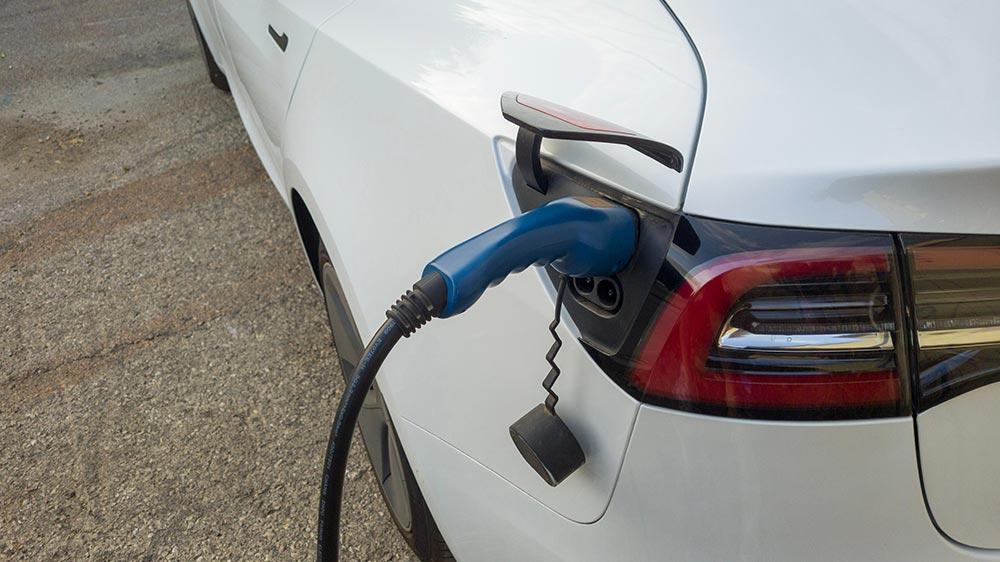Tesla Model 3 charging guide
Charging a Tesla Model 3 is an important aspect of owning an electric vehicle. Our guide will help you understand the charging options and best practices.
Charging methods:

-
Home charging
The most convenient way to charge a Model 3 is to plug it in at home. Tesla provides a Mobile Connector with each new vehicle, which can be plugged into a standard electrical outlet (120 volts) or a higher capacity outlet (240 volts) with the appropriate adapter. For faster charging you can also install a Tesla Wall Connector, which provides higher charging speeds.
-
Public charging points
While out and about you can use public charging stations. Tesla vehicles are compatible with the Tesla Supercharger network, which offers high-speed charging. Additionally, Model 3 is equipped with a CCS (Combined Charging System) port, allowing you to use third-party DC (direct current) fast chargers that support CCS.]
-
Charging points across the UK
EVC is currently rolling out charging points across the UK at hotels, corporate offices, leisure and retail venues and other client-sites, equipped with state-of-the-art chargers that are compatible with Tesla and most other EVs. These new points will provide handy charging stations in convenient locations for customers and staff to use when they’re using the operator’s facilities. It’s always worth asking when you check-in to a new venue whether they have an EVC charger you can use. For a growing list of locations keep an eye on our website for new collaborations and exciting updates.
Charging speeds
-
Standard charging
When using a standard 120-volt outlet, you can expect to add around 3-4 miles of range per hour of charging. With a 240-volt outlet and the included Mobile Connector, the charging speed increases to approximately 20-30 miles of range per hour.
-
Tesla superchargers
Superchargers are the fastest way to charge a Tesla. The charging rate can vary depending on factors like battery level, environmental conditions, and the number of vehicles at the station. Generally, a Supercharger can provide up to 170-250 miles of range in around 30 minutes, depending on the specific Supercharger version and your vehicle’s battery size.
Charging tips:
-
Plan your charging
Utilise the onboard navigation system or the Tesla mobile app to locate nearby charging stations, plan your trips, and identify charging stops along the way.
-
Charge up at home
If possible, consider installing a 240-volt outlet or a Tesla Wall Connector at home for faster charging speeds and added convenience.
-
Optimal charging range
It’s generally recommended to keep your battery charged between 20% and 80% for day-to-day use to maximise battery life. However, for longer trips, you may charge up to 100% for the additional range.
-
Cold weather considerations
In colder weather, pre-conditioning the battery while connected to a charger can help optimise the range and performance of your Model 3.
-
Software updates
Regularly update your vehicle’s software to ensure you have the latest charging optimizations and features.
Tesla charging resources:
- Visit the official Tesla website for more information on charging, including home charging installations, Supercharger locations, and guides specific to your Model 3.
- The Tesla mobile app allows you to monitor charging progress, schedule charging sessions, and locate charging stations on the go.
Remember, it’s always a good idea to consult the official Tesla resources and user manuals for detailed and up-to-date information on charging your specific Model 3 variant.
